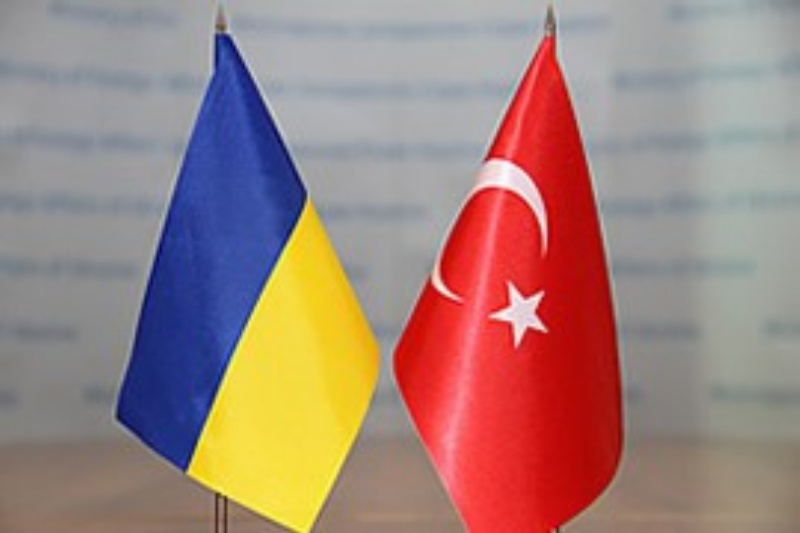
Center for Strategic Research of the Ministry of Foreign Affairs of the Republic of Turkey (SAM) and the Embassy of Ukraine in the Republic of Turkey co-organized an international conference titled “25 Years of Turkey-Ukraine Relations” on 25 May 2017 in Ankara. Government representatives and academics from Ukraine and Turkey participated in the one-day conference consisting of two sessions: presentations in the morning and a round-table meeting in the afternoon.
At the conference, speakers and participants drew attention to the developments in the bilateral relations, areas of cooperation, and the latest developments such as the annexation of Crimea and the current developments in the Black Sea region. In addition, Turkish officials re-affirmed Turkey’s position towards Crimea by stating that Turkey supports the territorial integrity of Ukraine. Although it is the 25th anniversary of the relations, Deputy Foreign Minister of Turkey Ahmet Yıldız said: “Turkish-Ukrainian relations are not confined to 25 years. Turkey and Ukraine share a common history, geography, and culture.”[1] Indeed, relations between the two countries has a long history.
During the discussion, there was a consensus on the fact that Turkey and Ukraine are important partners for each other not merely in the regional context. The potential to strengthen ties both in the fields of economy and security should not be underestimated. In that line, speakers and participants identified key areas to continue works to strengthen bilateral relations: tourism, defense, industry, nuclear energy, and cooperation in social sciences; among universities
In the last 25 years, bilateral relations between Turkey and Ukraine have continuously prospered by meetings and agreements on the state level. In 2003, Ukraine was defined as a “priority country” by Turkey,[2] and in 2011 the High-Level Strategic Council (HLSC) was established. In the same year, “Agreement on the Mutual Abolition of Visas” was signed at the first meeting of HLSC that came into force in 2012,[3] and today, is considered a milestone in bilateral relations due to the important and concrete steps taken in its context.
Despite the good relations, economic relations have remained below its potential. In 2015, the trade turnover between Ukraine and Turkey decreased by 25.4% compared to 2014 and amounted to 3.624 billion dollars.[4] In the first half of 2016, trade turnover between Ukraine and Turkey again decreased by 17% and amounted to 1.532 billion dollars.[5] There are many reasons behind the decreasing trade such as the global financial crisis that hit both countries. However, officials of both countries are determined to enhance economic ties. At a press conference held on March 14, Prime Minister Binali Yıldırım stated that a target to reach 20 billion-dollar trade turnover was set and both countries will focus on 3 prioritized areas this year: free trade agreement, the protection of mutual investments, and agreements on the prevention of double taxation.[6]
There has been a significant process already. For instance, as of June 1, citizens of both countries are allowed to travel to each other's countries without passports. This step will definitely have an impact on the economy, particularly in the touristic regions and contribute in the tourism sector overall as Andrii Sybiha, Ambassador of Ukraine in Ankara, also underlines: “Last year, more than 1 million tourists came from Ukraine to Turkey. More than 200,000 Turkish tourists traveled to Ukraine… Thanks to this agreement; we expect a 30 percent increase in these numbers this year.”[7]
Although there are many issues to agree on, the question of whether to evaluate relations between Turkey and Ukraine within multi-lateral approach or limit it in the bilateral form should be answered. Relations between Turkey and Russia has been developing in the last couple of years, particularly in the energy sector with Turkish Stream project that was designed to bypass Ukraine and deliver Russian gas to Europe via Turkey. The situation in Syria, joint efforts to fight against DAESH (ISIS), and increasing cooperation between Turkey and Russia in several fields have been encouraging Turkey and Russia to develop ties; although this has the possibility of dragging relations between Turkey and Ukraine into a deadlock.
Also, as some of the speakers underlined, the future of the region is rather blurry since other actors such as the European Union and NATO are facing internal challenges. The EU has been dealing with domestic issues such as the Brexit, migrant flow, terrorism, and populist nationalism, and the future tasks of NATO are subject to dispute. In an era with uncertainties and challenges for both actors, it is important to focus on the opportunities to further strengthen bilateral relations in order to preserve the current positive trend.
There are no doubts that both Turkey and Ukraine are important actors for each other. Security remains as the primary issue; Turkey is a NATO member and Ukraine decided to position herself within the Euro-Atlantic bloc. Hence, the increasing presence of Russian military forces in the Black Sea is not in the interest of both countries. Therefore, it is important for both countries to make the best of the instruments that already exist such as the Black Sea Economic Cooperation; keeping in mind that Turkey and Ukraine are both located in geo-strategically fragile regions, they both have the potential to become connectors of the East-West and North-South routes. The next step would be to work on the common interests and focus on the concrete projects that have the potential to have substantial outcomes.
Photo: vestikavkaza
[1] “Turkey 'key' partner of Ukraine in Black Sea: Envoy”, Anadolu Agency, May 25, 2017, Access date June 8, 2017 http://aa.com.tr/en/europe/turkey-key-partner-of-ukraine-in-black-sea-envoy/825974
[2] “Relations between Turkey and Ukraine”, Republic of Turkey, Ministry of Foreign Affairs, http://www.mfa.gov.tr/relations-between-turkey-and-ukraine.en.mfa
[3] Tekrar
[4] “Trade and economic relations” Embassy of Ukraine in the Republic of Turkey, http://turkey.mfa.gov.ua/en/ukraine-tr/trade
[5] Tekrar
[6] “Turkey, Ukraine eye $20 billion in trade volume”, Daily Sabah, March 15, 2017, Access date June 8, 2017 https://www.dailysabah.com/economy/2017/03/15/turkey-ukraine-eye-20-billion-in-trade-volume
[7] Tekrar
© 2009-2025 Center for Eurasian Studies (AVİM) All Rights Reserved
No comments yet.
-
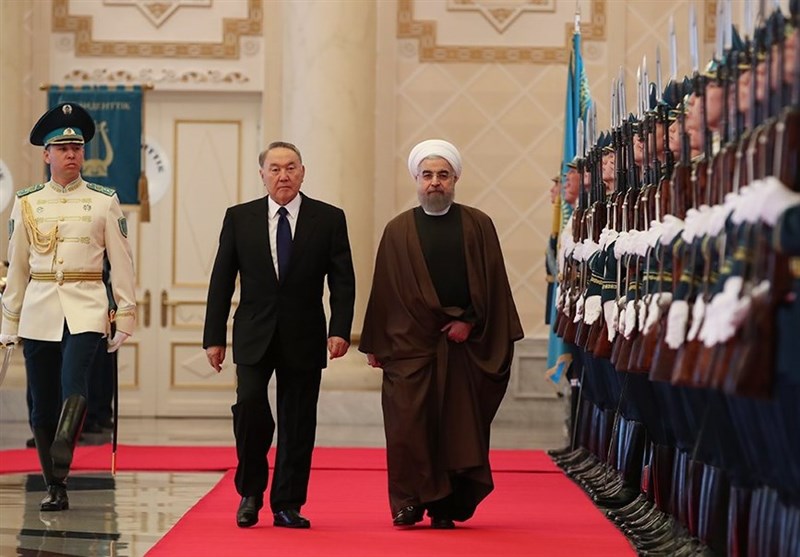 IRANIAN PRESIDENT HASSAN ROUHANI’S VISIT TO ARMENIA, KAZAKHSTAN AND KYRGYZSTAN
IRANIAN PRESIDENT HASSAN ROUHANI’S VISIT TO ARMENIA, KAZAKHSTAN AND KYRGYZSTAN
Özge Nur ÖĞÜTCÜ 26.12.2016 -
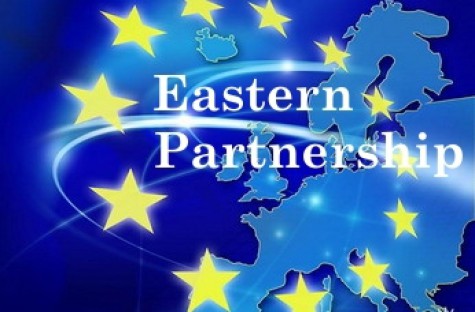 EUROPEAN UNION EASTERN PARTNERSHIP POLICY AND RUSSIA’S INCREASING INFLUENCE
EUROPEAN UNION EASTERN PARTNERSHIP POLICY AND RUSSIA’S INCREASING INFLUENCE
Özge Nur ÖĞÜTCÜ 13.03.2014 -
 THE NOTION OF “WESTERN BALKANS”, THE BALKANS, AND TURKEY
THE NOTION OF “WESTERN BALKANS”, THE BALKANS, AND TURKEY
Özge Nur ÖĞÜTCÜ 13.07.2017 -
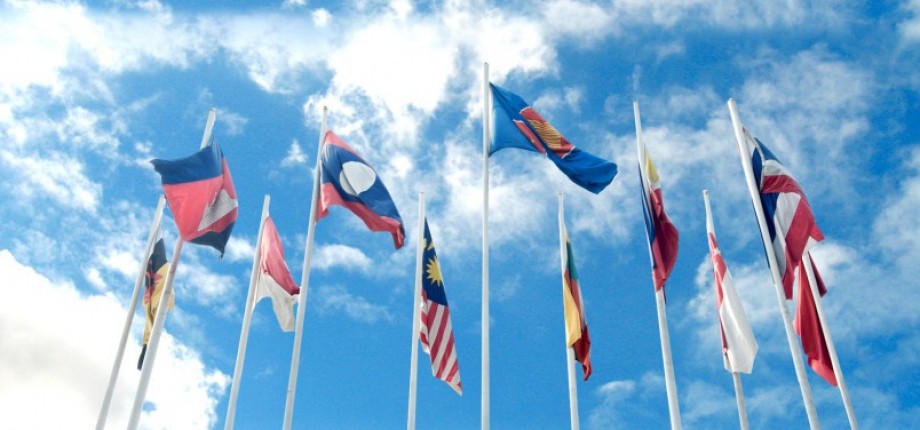 ASEAN SUMMIT AND SOUTH CHINA SEA
ASEAN SUMMIT AND SOUTH CHINA SEA
Özge Nur ÖĞÜTCÜ 12.10.2016 -
IRAN AND CHINA: EASTERN BLOC ON THE RISE
Özge Nur ÖĞÜTCÜ 28.01.2016
-
 GREEK INDEPENDENCE DAY AND THE PREVAILING DOUBLE STANDARD OF THE WEST
GREEK INDEPENDENCE DAY AND THE PREVAILING DOUBLE STANDARD OF THE WEST
AVİM 16.04.2025 -
 MONTE MELKONIAN AND HIS TERRORIST IDENTITY
MONTE MELKONIAN AND HIS TERRORIST IDENTITY
Hazel ÇAĞAN ELBİR 10.01.2025 -
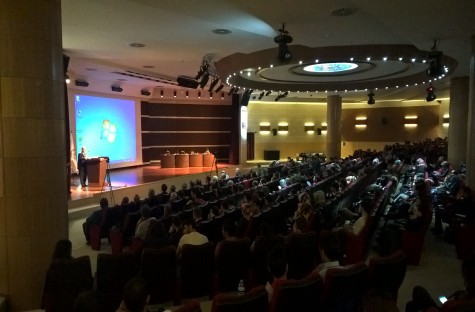 THE SECOND INTERNATIONAL SYMPOSIUM ON TURKISH-ARMENIAN RELATIONS AND GREAT POWERS ORGANIZED BY ATATÜRK UNIVERSITY KICKED OFF IN ERZURUM
THE SECOND INTERNATIONAL SYMPOSIUM ON TURKISH-ARMENIAN RELATIONS AND GREAT POWERS ORGANIZED BY ATATÜRK UNIVERSITY KICKED OFF IN ERZURUM
AVİM 05.05.2015 -
 WATER DIVINER: A FAIR PORTRAYAL OF WAR
WATER DIVINER: A FAIR PORTRAYAL OF WAR
Mehmet Oğuzhan TULUN 26.02.2015 -
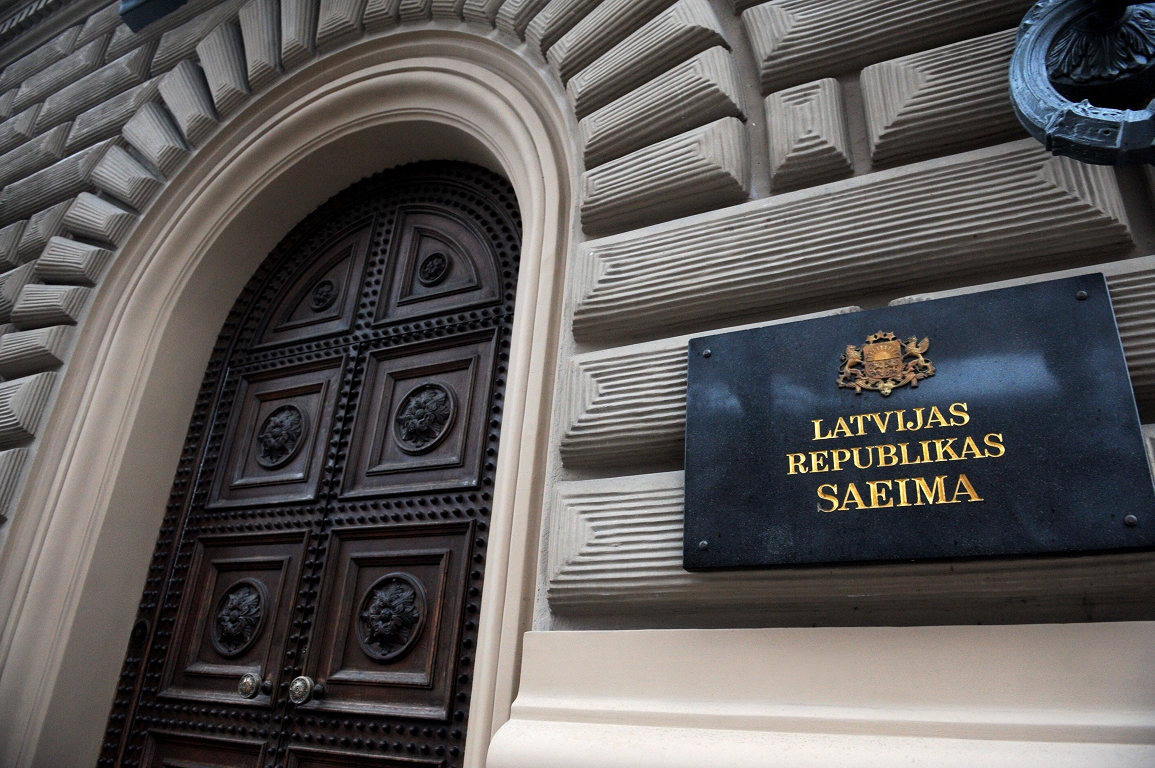 THE NEW KID ON THE BLOCK: LATVIAN PARLIAMENT’S RECOGNITION OF THE ‘ARMENIAN GENOCIDE’
THE NEW KID ON THE BLOCK: LATVIAN PARLIAMENT’S RECOGNITION OF THE ‘ARMENIAN GENOCIDE’
Turgut Kerem TUNCEL 18.05.2021
-
25.01.2016
THE ARMENIAN QUESTION - BASIC KNOWLEDGE AND DOCUMENTATION -
12.06.2024
THE TRUTH WILL OUT -
27.03.2023
RADİKAL ERMENİ UNSURLARCA GERÇEKLEŞTİRİLEN MEZALİMLER VE VANDALİZM -
17.03.2023
PATRIOTISM PERVERTED -
23.02.2023
MEN ARE LIKE THAT -
03.02.2023
BAKÜ-TİFLİS-CEYHAN BORU HATTININ YAŞANAN TARİHİ -
16.12.2022
INTERNATIONAL SCHOLARS ON THE EVENTS OF 1915 -
07.12.2022
FAKE PHOTOS AND THE ARMENIAN PROPAGANDA -
07.12.2022
ERMENİ PROPAGANDASI VE SAHTE RESİMLER -
01.01.2022
A Letter From Japan - Strategically Mum: The Silence of the Armenians -
01.01.2022
Japonya'dan Bir Mektup - Stratejik Suskunluk: Ermenilerin Sessizliği -
03.06.2020
Anastas Mikoyan: Confessions of an Armenian Bolshevik -
08.04.2020
Sovyet Sonrası Ukrayna’da Devlet, Toplum ve Siyaset - Değişen Dinamikler, Dönüşen Kimlikler -
12.06.2018
Ermeni Sorunuyla İlgili İngiliz Belgeleri (1912-1923) - British Documents on Armenian Question (1912-1923) -
02.12.2016
Turkish-Russian Academics: A Historical Study on the Caucasus -
01.07.2016
Gürcistan'daki Müslüman Topluluklar: Azınlık Hakları, Kimlik, Siyaset -
10.03.2016
Armenian Diaspora: Diaspora, State and the Imagination of the Republic of Armenia -
24.01.2016
ERMENİ SORUNU - TEMEL BİLGİ VE BELGELER (2. BASKI)
-
AVİM Conference Hall 24.01.2023
CONFERENCE TITLED “HUNGARY’S PERSPECTIVES ON THE TURKIC WORLD"









